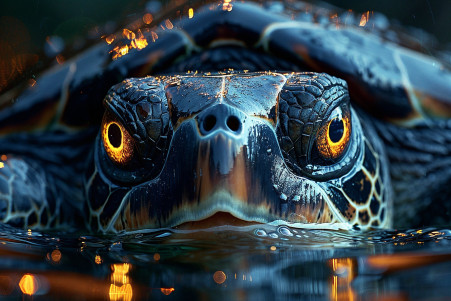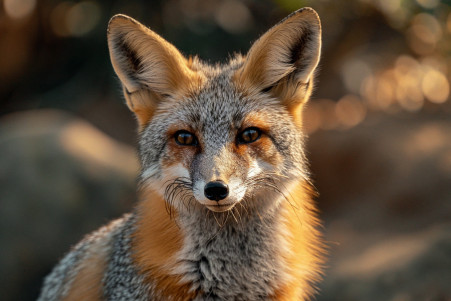Tagged With Science

The Intricate Details of a Cat's Memory: Understanding Feline Recall
20 May 2024
Cats can remember things in the short term and the long term, and they rely on spatial, emotional, and object permanence memory to help them do everything from find their food to remember their favorite people.

Why Do Cats Like Fish? The Science Behind Their Desires
19 May 2024
Cats' love of fish is a combination of taste, aroma, and biology, but it's important to make sure they don't eat too much of it.

Turtle Scales or Scutes? Understanding the Unique Armor of These Reptiles
18 May 2024
Turtles' shells are made of scutes, which are bony and have adapted to protect turtles over millions of years.

Why Do Dogs Bark in Their Sleep? Unraveling the Mysteries of Canine Dreams
17 May 2024
Dogs bark in their sleep because of the same brain activity that causes humans to dream, and smaller dogs and younger dogs are more likely to bark at night.

Do Turtles Have Night Vision? Understanding Their Nocturnal Abilities
17 May 2024
Turtles can see in the dark, but their ability to do so is somewhat limited. That said, sea turtles and other types of turtles have developed special ways to see better in low-light conditions.

Cat Years vs Dog Years: The Truth About Pet Aging
17 May 2024
The idea that 1 year for a cat or dog is equivalent to 7 years for a human is a myth, and the truth is that age is based on a pet's breed, size, and life cycle.

Why Dogs Walk and Poop at the Same Time: The Science Behind the Behavior
17 May 2024
Reasons behind why dogs pace before pooping including territorial marking instincts, physiological reasons, and possible medical issues.

Do Dogs Have Uvulas? Exploring the Canine Oral Anatomy
16 May 2024
Dogs don’t have an uvula, the piece of tissue that hangs down in the back of the human throat, because of evolutionary changes that helped them pant and breathe better.

Are Foxes More Like Cats or Dogs? An Investigation of Their Biology
16 May 2024
Foxes have different biological, behavioral, and conservation requirements than both cats and dogs due to their status as specialized omnivores and members of the Canidae family.

Why Are Cats' Noses Wet? Science-Backed Reasons
15 May 2024
The science behind why cats have wet noses, including smelling, thermoregulation, and the vomeronasal organ.

How Do Cats Navigate? The Science of Finding Their Way Home
14 May 2024
Cats have amazing homing skills that help them get back to their territory using senses such as smell, hearing, and touch.

What Colors Can Cats See and What Colors Do They Like? Preferences and Perceptions
11 May 2024
Cats can't see as many colors as humans, but they can see better in low light, which is helpful for their crepuscular hunting habits.